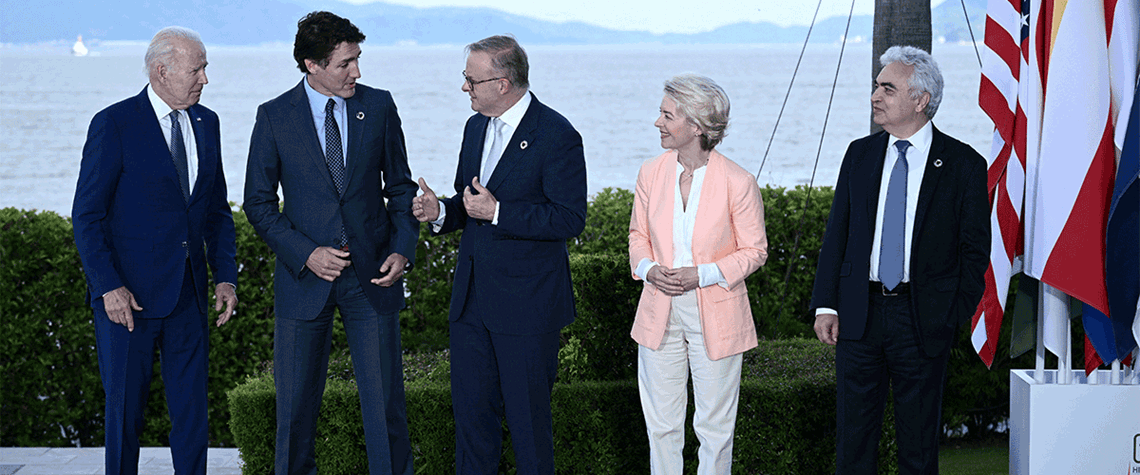IEA highlights energy divergence as milestone 50th nears
Energy body punches above its weight as it provides direction amid crossroads
The IEA will celebrate its 50th birthday in late 2024. The agency was born out of the energy crisis caused by the October 1973 Yom Kippur War, which led leading oil producers to suspend sales to major consumers. This, plus price increases announced by Opec, ushered in a period of stagflation and economic turmoil. In 1972, the price of Dubai crude (Brent had not been invented back then) averaged $1.90/bl. In 1974, it averaged $10.41/bl. In the ten years before the Yom Kippur War, global inflation averaged 3.6pc/yr; in the ten years afterwards—which included another major price spike in the aftermath of the Iranian Revolution and the Iran-Iraq war—it averaged 11.6pc. Industrialised countries,

Also in this section
17 February 2026
Eni’s chief operating officer for global natural resources, Guido Brusco, takes stock of the company’s key achievements over the past year, and what differentiates its strategy from those of its peers in the LNG sector and beyond
16 February 2026
As the third wave of global LNG arrives, Wood Mackenzie’s director for Europe gas and LNG, Tom Marzec-Manser, discusses with Petroleum Economist the outlook for Europe’s gas market in 2026
13 February 2026
Artificial intelligence is pushing electricity demand beyond the limits of existing grids, increasing the role of gas and LNG in energy system planning as a fast, flexible solution
13 February 2026
Panellists at LNG2026 say demand growth will hinge less on the level of global supply and more on the pace of downstream buildout, policy clarity and bankable market frameworks







